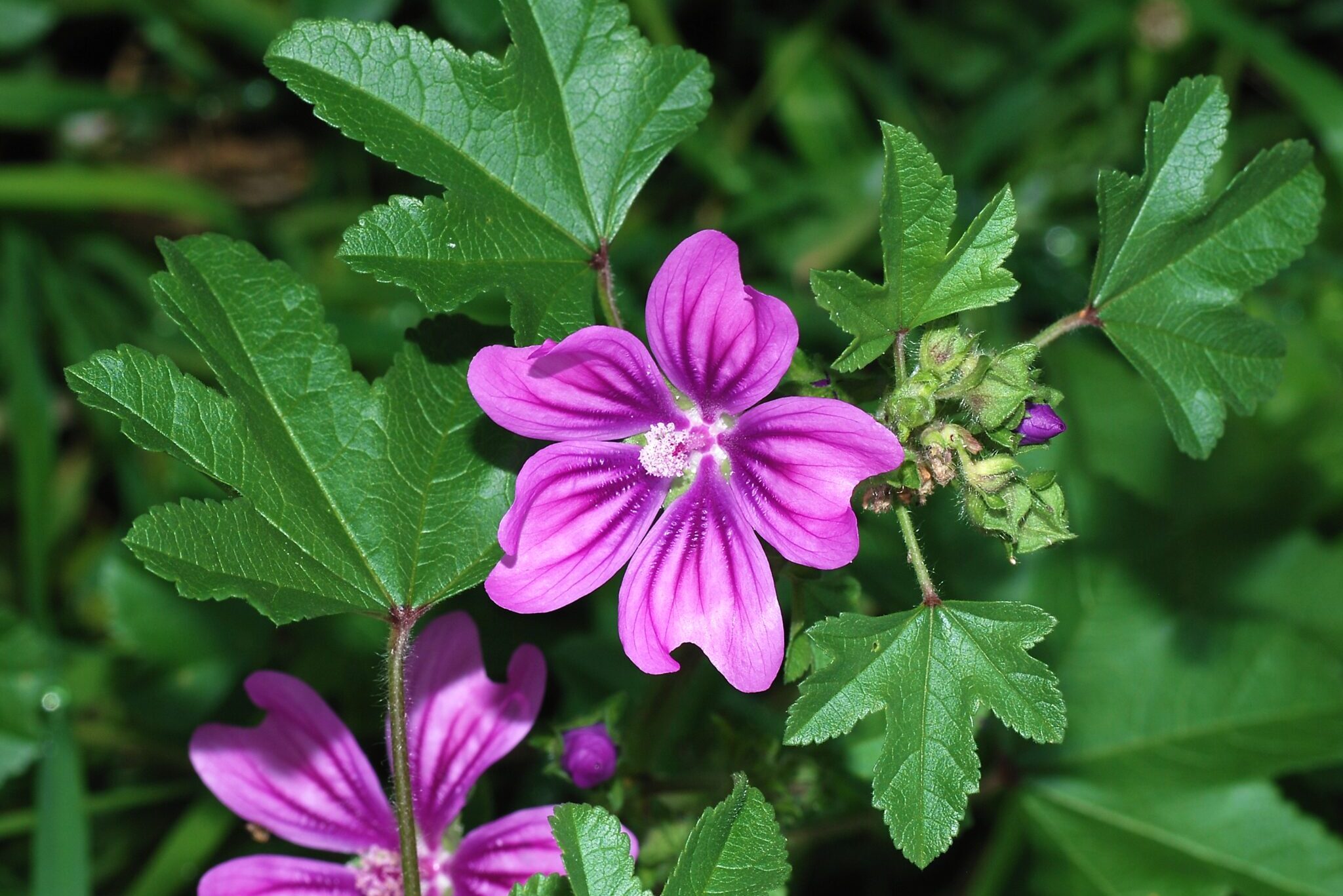Policy Brief
Urban Foraging in Municipal Parks and Public Schools: Opportunities for Policymakers
The success of foraging in the urban ecosystems of California depends on enabling city dwellers to safely and freely harvest plants in their local environment.

Dandelions that spring up from yards, sidewalks, schoolyards, municipal parks, and open corner lots are commonly viewed as resilient weeds. To an urban forager, they are a prime example of edible, fresh, nutritious, free foods. US Forest Service research has found that harvesting wild foods in public spaces, specifically plants and fungi, already contributes (and could contribute more) to the nutritional needs of city residents. By supplying accessible, nutritious food, foraging could provide a supplementary food source within the urban and peri-urban landscape as part of a multi-pronged strategy to help address socioeconomic inequities in access to nutritious foods.
The success of foraging in the urban ecosystems of California depends on enabling city dwellers to safely and freely harvest plants in their local environment. Currently, urban foraging is often prohibited. In some places, it is unsafe due to soil contaminants, including metals and pesticides. Focusing policies on foraging on land that is under active public management, such as city parks and public schools, offers an immediate opportunity to increase access to wild and feral foods, to ensure the safety of harvested food, and to educate the public and land managers alike. Foraging is already practiced in both urban and rural settings, and is increasingly the focus of attention within urban green space planning. Urban foraging is now at the periphery of the food system, much like farmers markets and community gardens once were. However, with state support for institutions that make it safe and accessible in municipal parks and public schools, partnered with citizen education, foraging has the potential to become much more widely accepted and valued.
This policy brief is partially based on research completed in the 2014 Berkeley Food Institute Seed Grant project “Reaping without Sowing: Urban Foraging, Sustainability, Nutrition, and Social Welfare,” a project undertaken by UC Berkeley faculty members Philip Stark, Thomas Carlson, and Kristen Rasmussen.